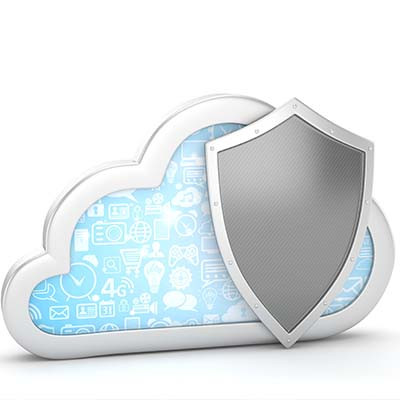PCSOFT Blog
How to Prevent Cloud-Based Cybercrime in Your Business
The cloud has given businesses loads of modern ways to approach operations and management, but it has also given cybercriminals access to even more tools to leverage against their victims. Here are some ways cybercriminals are using the cloud, as well as how you can protect against these threats.
How Does the Cloud Enable Cybercrime?
With the pandemic sending many workers into remote working conditions and isolation, the cloud has increased in popularity as a business solution. Cybercriminals have used these changes to increase their opportunities for attacks. Here are just a few ways the cloud has given cybercriminals even more ways to attack your business.
Complicated Configurations
While the types of cloud solutions might vary, every cloud has to be configured in a specific way, and if it’s not configured properly, this could lead to vulnerabilities and security challenges. Therefore, in order to guarantee security, it’s recommended that you work with a professional to make sure everything is going according to plan.
Inherent Insecurity
Whether it’s the user interface itself or the cloud application, insecure systems enable hackers and leave your cloud system vulnerable. This is why we always recommend encrypting data you store in the cloud.
Denial-of-Service (DoS) Attacks
DoS attacks, or attacks when a system is overloaded with traffic by countless external computing resources, is one of the methods a cybercriminal might use against you. Considering the connected nature of cloud applications, cybercriminals can effectively bring down any online system that is not adequately protected simply by using a botnet.
How to Secure Your Cloud Solutions
Here are some ways you can protect your cloud infrastructure.
Adopt Appropriate Authentication and Access Management
Unsecured passwords are one of the biggest ways hackers gain access to your cloud solution, so we recommend you implement more advanced authentication and access management control measures. Doing so limits the damage that any one user’s account can do in the event it is compromised.
Secure Your Endpoints
All endpoints, including computers, peripherals, and other hardware that connects to your infrastructure, should be secured. If any one device is left unsecured, hackers can leverage that device to gain access to the greater network. This is especially important if you have employees working remotely in any capacity.
Leverage Encryption
Encryption is a wonderful tool to secure your data. Basically, it scrambles your data, thereby making it unrecognizable without the appropriate decryption keys. If you implement these safeguards, you can effectively secure your data, in the cloud or otherwise.
Back Up Your Data
You should always back up your data, and the cloud makes it easier than ever before to make sure this happens. Most cloud providers have some sort of policy or procedure in place to protect the data of their users, so you can rest assured that your data is likely backed up in some capacity with your cloud solution.
Teach Your Team to Be a Security Asset
If you can help your employees be security assets rather than security risks, you’ll have a much easier time protecting your infrastructure. You can pull this off by imparting upon them security awareness and a culture of cybersecurity.
The Cloud is a Tool That Can Be Used Safely
PCSOFT can help your business secure its infrastructure. To learn more, reach out to us at 02 98730080.


Comments